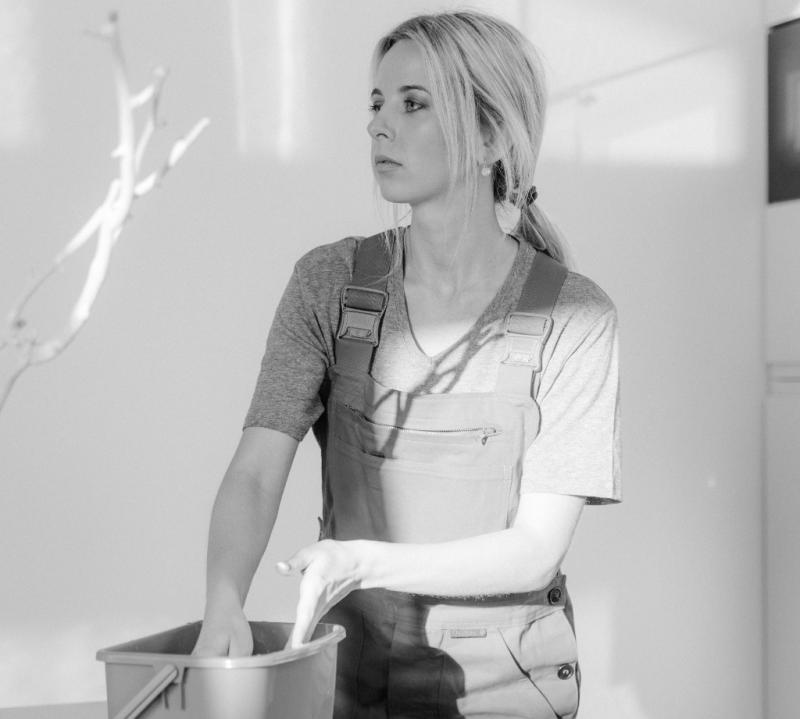Common Causes of Water Damage in Homes and How to Prevent Them

Water damage is a homeowner's worst nightmare and it can strike when you least expect it. From leaking roofs to burst pipes, the sources of water damage are numerous and diverse.
If you see yourself in the situations below, remember that you can always search for Water Damage Restoration Companies Near Me Lancaster PA. In this article, we'll explore some of the most common causes of water damage in homes and provide practical tips on how to prevent them.
1. Leaky Roofs
Your roof is your home's first line of defense against the elements, but it's also one of the most common culprits of water damage. Over time, roofing materials can deteriorate, leading to leaks during heavy rains. To prevent this, have your roof inspected regularly and make any necessary repairs promptly. Keeping gutters clean and free of debris can also help water flow away from your roof efficiently.
2. Faulty Plumbing
Leaky pipes and plumbing fixtures are a leading cause of water damage in homes. Inspect your plumbing system for any signs of leakage, such as damp walls or floors, and fix any issues immediately. Regularly check for rust or corrosion on pipes and consider replacing old plumbing to prevent future problems.
3. Burst Pipes
When temperatures drop, pipes can freeze and burst, causing extensive water damage. To prevent this, insulate exposed pipes in cold areas of your home and keep the thermostat at a consistent temperature, especially during winter. If you're going on vacation during the winter months, leave the heat on at a low setting to prevent freezing.
4. Clogged Drains and Sewers
Clogged drains and sewer lines can lead to overflowing toilets and sewage backup, causing significant water damage and health hazards. Regularly clean your drains and have your sewer lines inspected to ensure they're clear of obstructions.
5. Appliance Malfunctions
Dishwashers, washing machines, and water heaters can malfunction and cause water damage. These malfunctions can occur due to various reasons, such as worn-out hoses, faulty components, or improper installation. When an appliance malfunctions in this way, it can result in water damage to the surrounding area, including floors, walls and nearby belongings. Check hoses and connections on these appliances regularly for signs of wear or leaks. Replace any worn parts or hoses to prevent unexpected flooding.
6. Poorly Sealed Windows and Doors
Improperly sealed windows and doors can allow rainwater to seep into your home, causing water damage over time. Inspect the seals and weather stripping around windows and doors and replace them if they are damaged or worn.
7. Foundation Issues
Cracks in your home's foundation can allow water to seep into your basement or crawl space. Inspect your foundation for cracks and have them repaired promptly. Ensure that your home's grading slopes away from the foundation to prevent water from pooling near your home.
8. Lack of Proper Ventilation
Inadequate ventilation in areas like bathrooms and kitchens can lead to moisture buildup, which can result in mold growth and water damage. Use exhaust fans or open windows when cooking or showering to reduce humidity levels.
9. Neglecting Regular Home Maintenance
Regular home maintenance is key to preventing water damage. This includes cleaning out gutters, maintaining your HVAC system and inspecting your home's exterior for signs of wear and tear.
10. Natural Disasters
Various natural disasters, including floods, hurricanes, thunderstorms, and earthquakes can cause water damage in homes. These disasters can lead to structural damage, roof and wall breaches, drainage system overflows and soil erosion, allowing water to enter and damage homes. While you can't control natural disasters like floods and storms, you can take preventive measures like installing sump pumps, elevating electrical systems and having a reliable insurance policy in place to mitigate potential damage.
More to Read:
Previous Posts:


